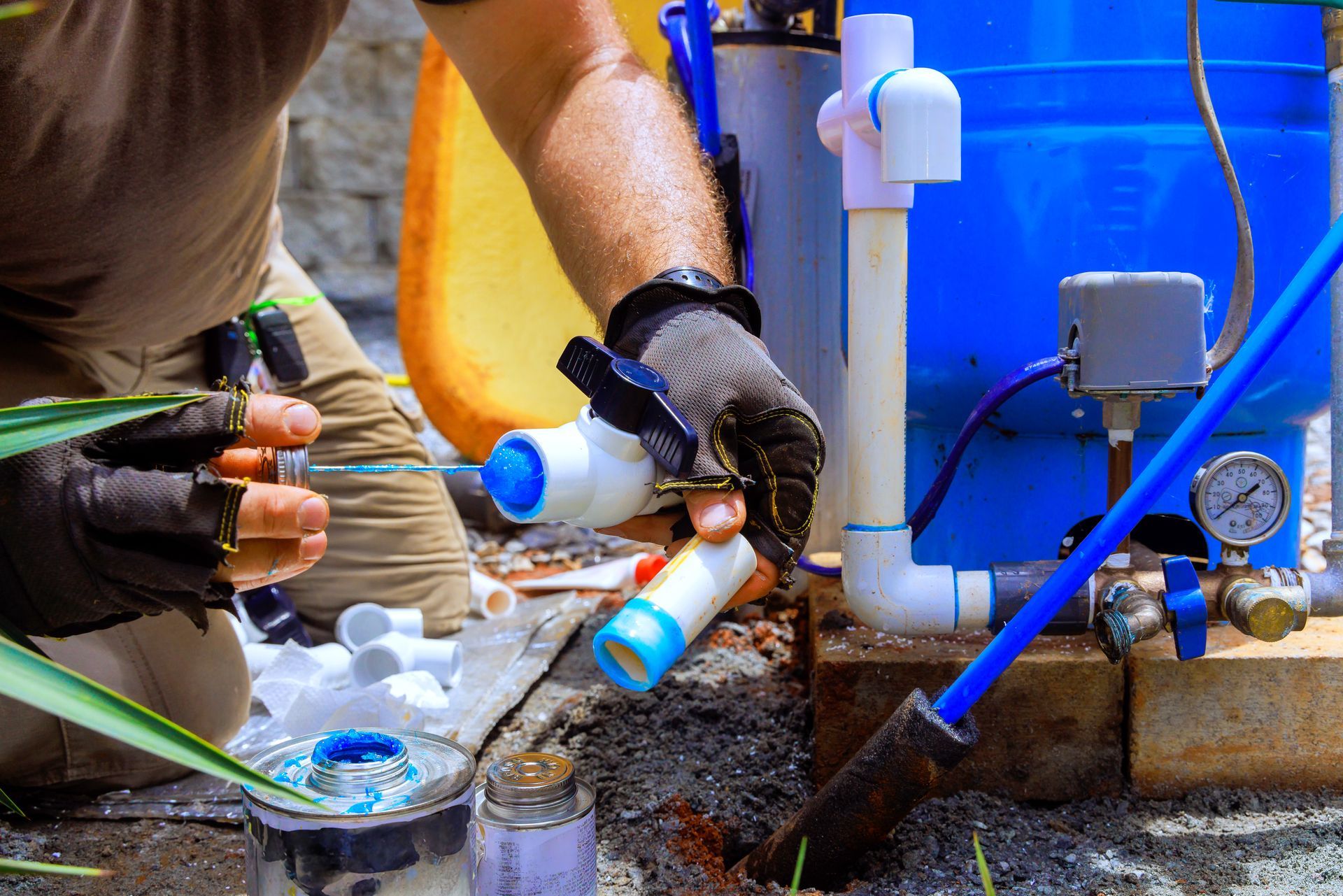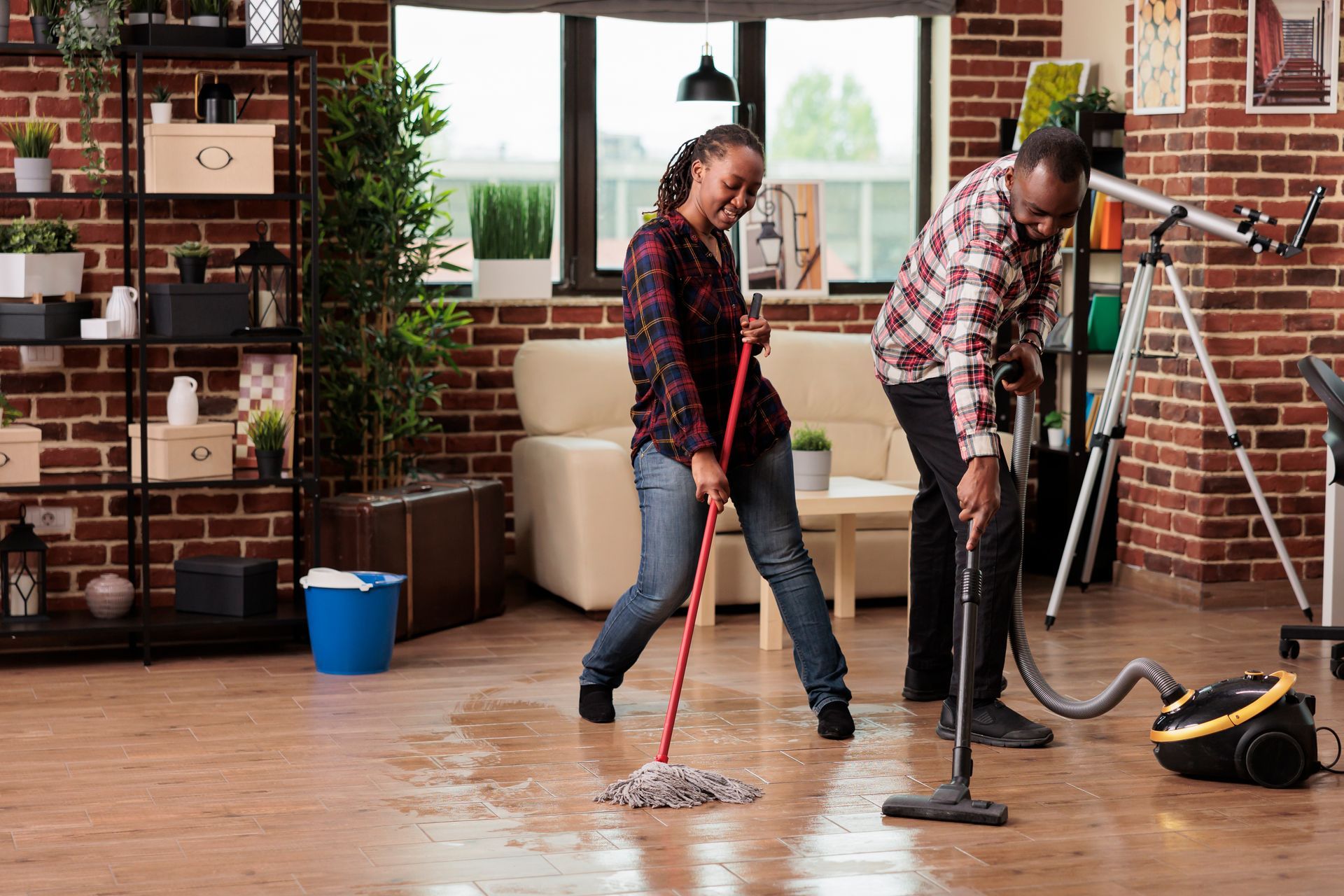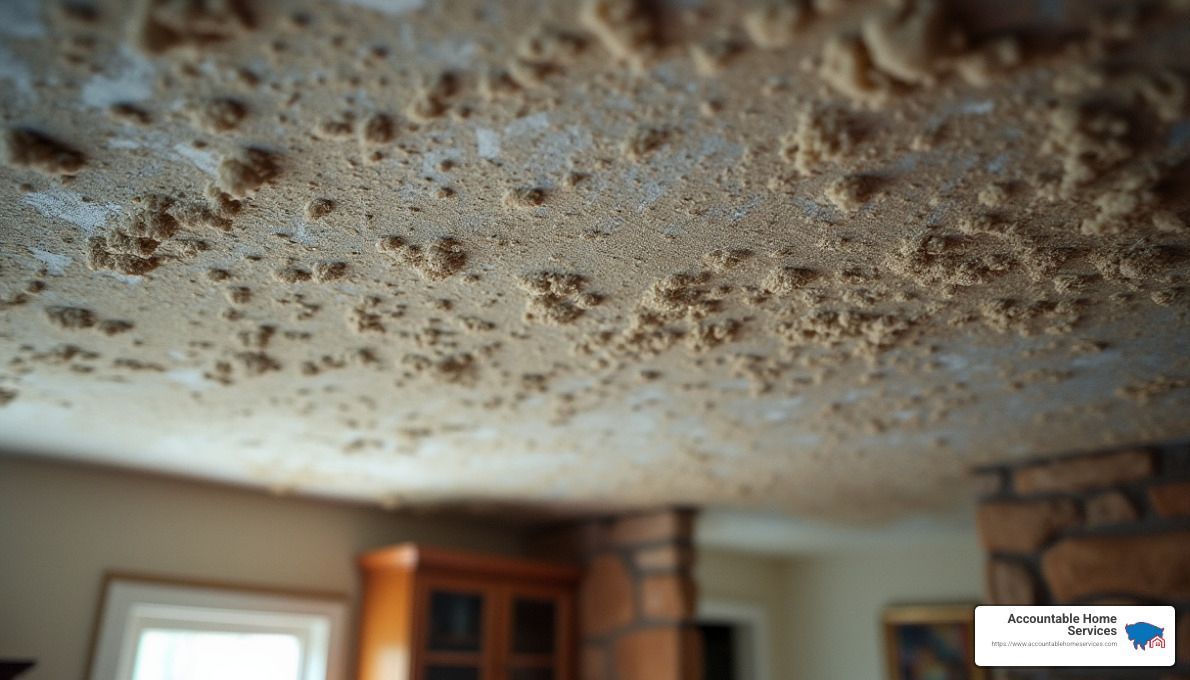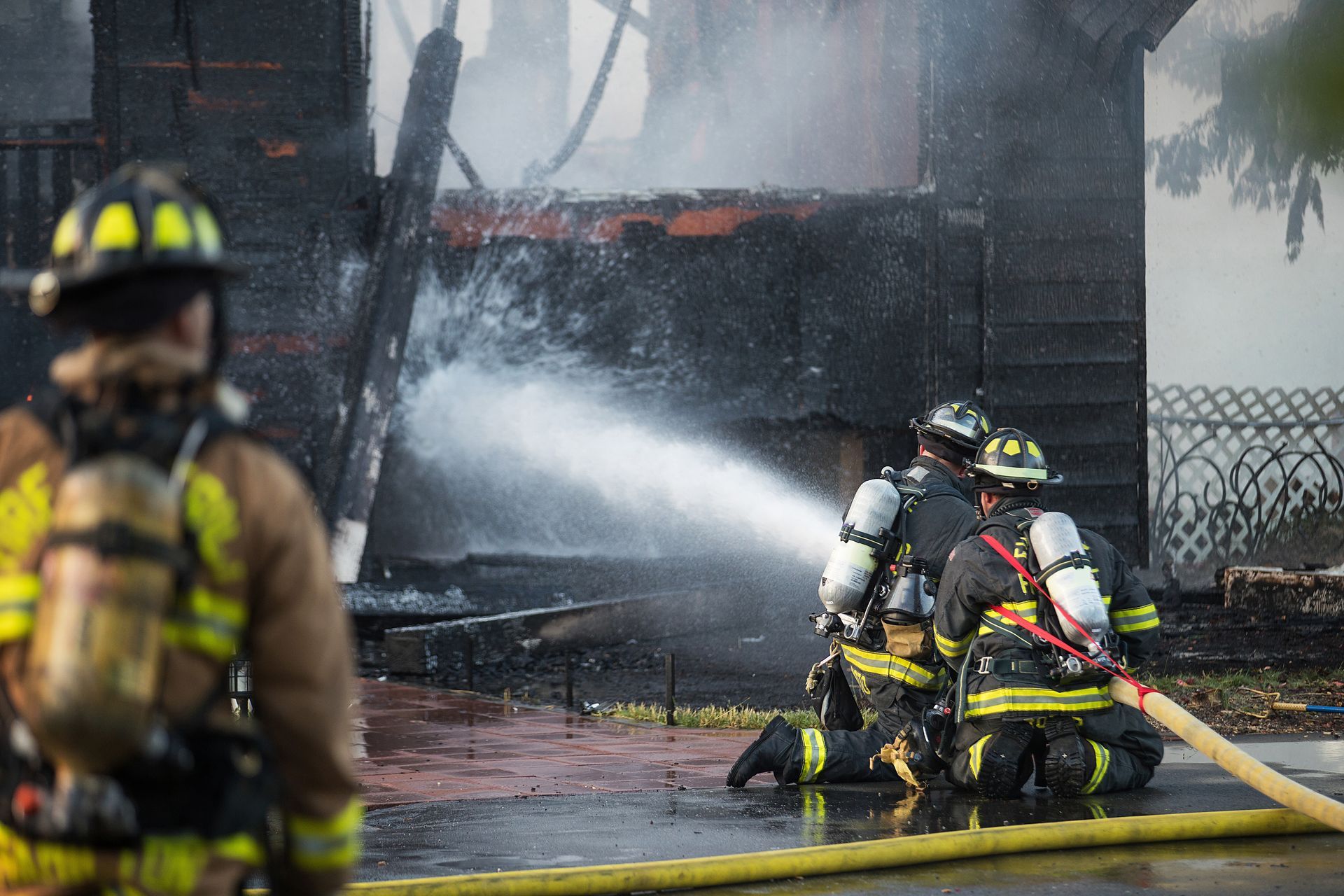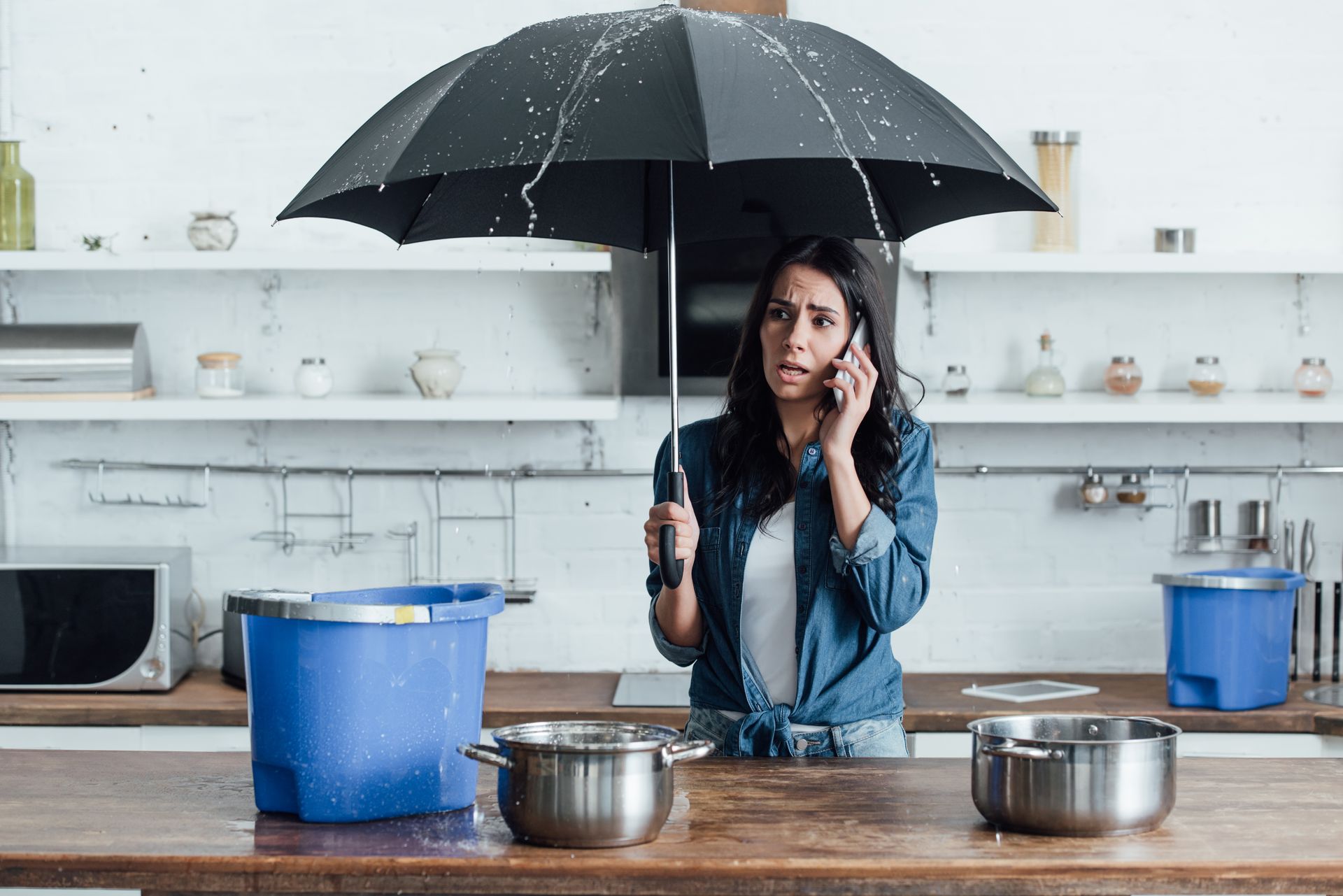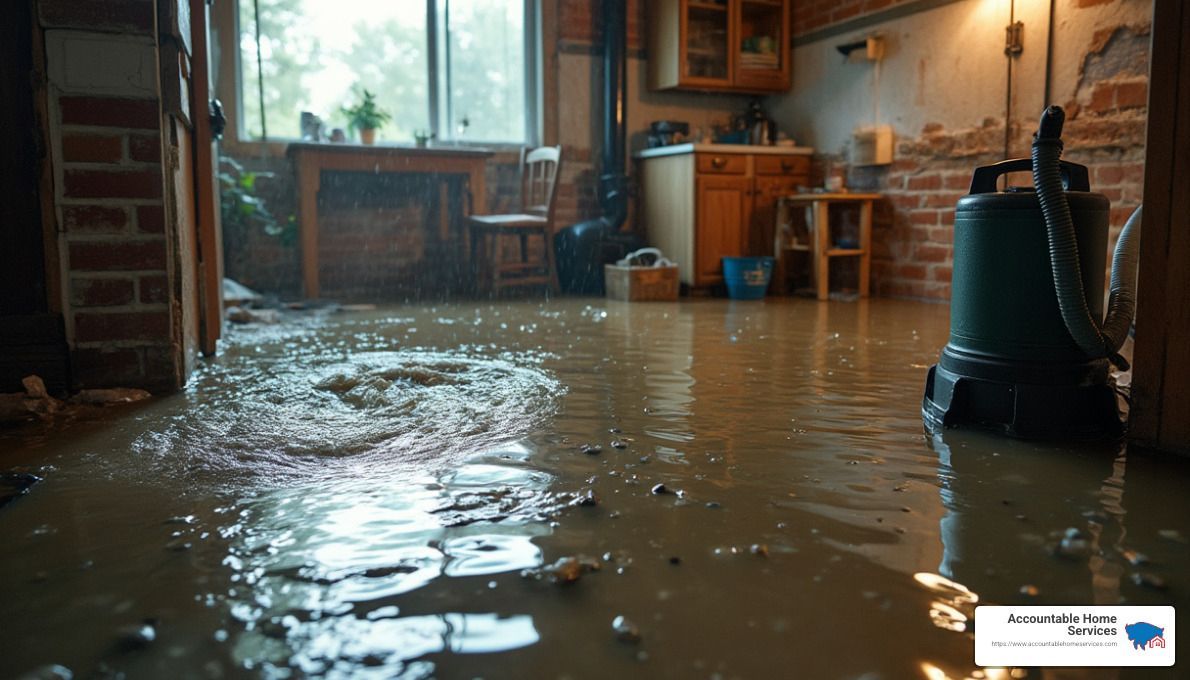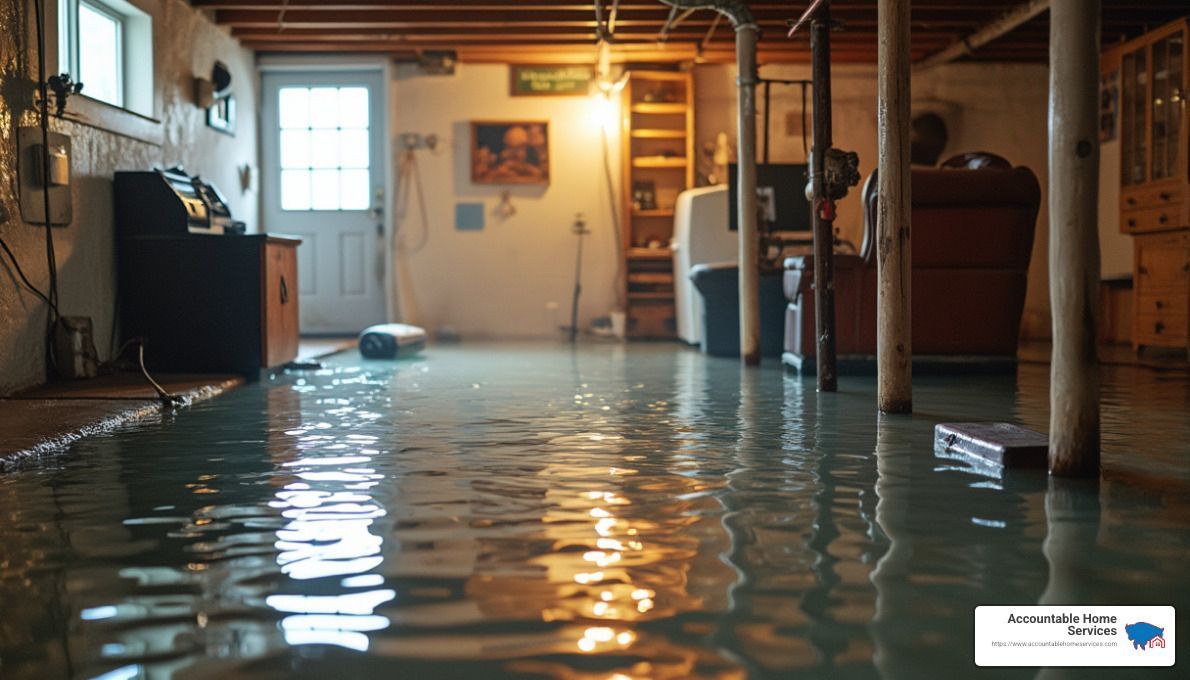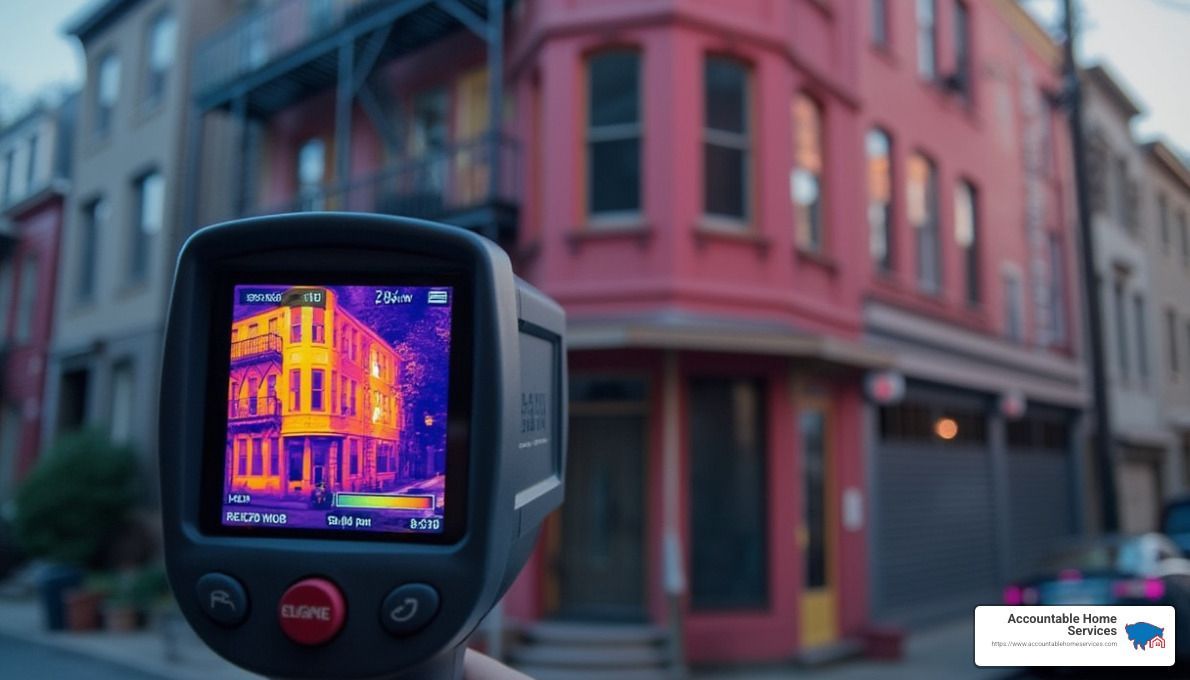Serving Broomfield, Westminster, and Denver Metro Area
Make the first call the
right
call
Blog
Hidden Dangers of Flood Water Damage & How to Fix Them
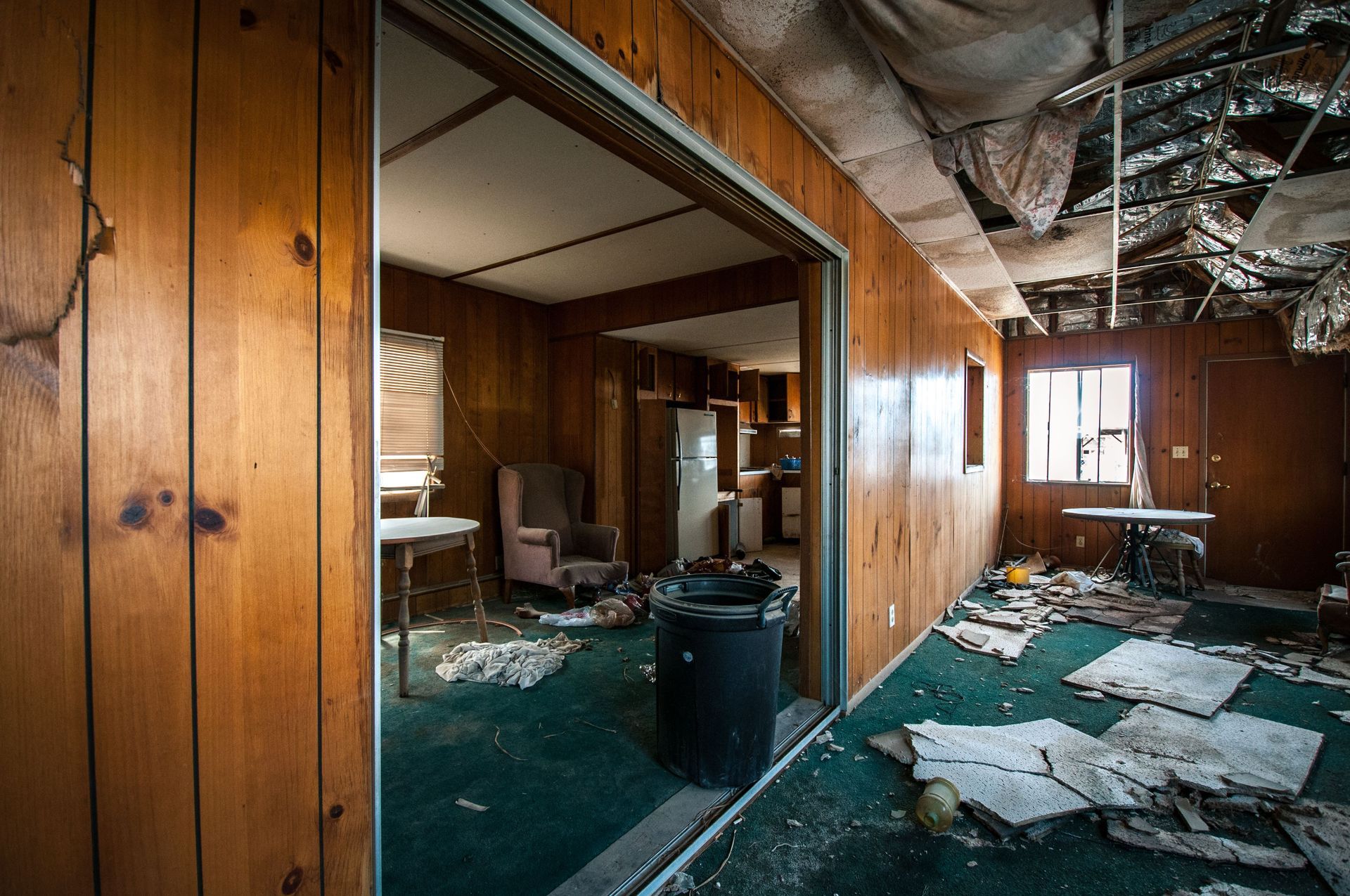
A few months ago, we got a call from a family in Commerce City whose finished basement had flooded after an intense overnight thunderstorm. They thought they had handled the worst of it with a few shop vacs and fans. But two weeks later, they called again—this time for mold, musty smells, and warped wood floors. What looked like a small problem had turned into a health hazard.
Here’s the truth: flood water is never just water. It can carry bacteria, sewage, mold spores, and even structural threats. According to FEMA, just one inch of flood water can cause more than $25,000 in damage to a home. And yet, many Denver homeowners still underestimate what flood damage can really do.
If your basement or home ever floods, the steps you take in the first 24 to 48 hours matter most. In this guide, we’ll break down the hidden dangers of flood water and how proper flood water damage restoration can save your home, your health, and your wallet.
Why Flood Water Is More Dangerous Than You Think
Most people assume flood water is just a bigger version of a plumbing leak. In reality, it’s far worse. Flood water doesn’t come from a clean source—in fact, it’s often classified as Category 3 "black water" because it may contain harmful contaminants. Even minor flooding can expose your home to serious risks.
In Denver, common causes of home flooding include rapid snowmelt, clogged gutters, broken sump pumps, or even backed-up storm drains. Once that water makes its way inside, it begins to impact your home in ways you might not immediately notice.
Understanding what’s actually lurking in flood water can help you make better decisions about how to handle it. Let’s explore the most dangerous hidden risks that follow flood damage.
Contaminated Water and Bacteria
Flood water isn’t clean—it often mixes with soil, oil, sewage, or chemicals as it flows into your home. You may not see it, but this water can carry harmful pathogens that pose real health risks to your family and pets.
The danger lies in both direct contact and long-term exposure. Even dried flood residue can leave behind particles that cause illness when breathed in or touched. Children, seniors, and people with weakened immune systems are especially vulnerable.
To safely clean contaminated areas, professional restoration teams use EPA-approved disinfectants, full-body protective suits, and commercial-grade equipment designed to fully sanitize even hard-to-reach places.
Mold Growth in Hidden Areas
Once moisture gets into walls, under floors, or behind furniture, mold can begin growing very quickly—even if the visible surfaces look dry. Unfortunately, most homeowners only notice the problem after musty odors or health symptoms start to show up.
Mold doesn’t just make your home smell bad. It can cause serious health problems, including coughing, sneezing, skin rashes, and asthma flare-ups. And since mold spores can travel through your home’s ventilation system, it often spreads faster than people expect.
That’s why professional restoration includes both mold inspection and prevention. Experts use thermal imaging and moisture mapping to detect hidden dampness, then apply antimicrobial treatments to stop mold before it takes over.
Structural Damage to Walls and Floors
Flood water weakens the integrity of your home—especially materials like drywall, insulation, wood, and even concrete. What starts as soft or sagging drywall can quickly turn into rotted studs, warped floors, or sinking foundations.
You may not notice structural damage right away. But over time, you might see doors that don’t close properly, uneven floors, or cracks in your walls. These issues can lead to costly repairs if not caught early.
A certified restoration company will carefully inspect all layers of affected structures and replace any materials that can’t be salvaged. They’ll also check your foundation and framing to ensure your home is safe for long-term use.
Electrical Hazards
After a flood, even something as simple as turning on a light switch can be dangerous. Water can damage wires, corrode outlets, or short out electrical panels—often without any visible signs. This creates a serious risk of electrical shock or fire.
If your home has been flooded:
- Don’t touch electrical appliances or switches until cleared by a professional
- Shut off your power supply if it’s safe to do so
- Let a licensed electrician inspect all wiring before use
Restoration professionals coordinate closely with electricians to evaluate and repair electrical systems, ensuring your home is not only dry but also safe to reoccupy.
Insurance Surprises and Delays
Floods are chaotic—but dealing with your insurance shouldn’t be. Unfortunately, many homeowners find themselves surprised to learn that standard policies don’t cover flood damage unless they have separate flood insurance.
Even with coverage, claims can be delayed or denied if the cleanup isn’t done properly or documentation is missing. That’s why working with a restoration company that understands the insurance process is a game-changer.
They’ll help you:
- Take detailed inventory of all damage
- Provide estimates and invoices for your insurer
- Communicate directly with your adjuster
- Make sure your claim is filed quickly and accurately
Documentation and fast action are key to getting your home—and your life—back on track.
Frequently Asked Questions (FAQs)
- How long does it take for flood water to damage a home’s foundation?
Depending on the construction and saturation level, significant damage can begin within 24 to 72 hours after exposure. - Can flood-damaged drywall be saved or should it be replaced?
Drywall soaked by flood water, especially black water, should be removed and replaced due to contamination and structural weakening. - Is it safe to use a dehumidifier after a flood if power is restored?
Yes, but only after a professional confirms the electrical system is safe—never plug in devices in areas that were recently wet. - What should I avoid doing right after a flood?
Avoid using household cleaners on contaminated water, entering rooms with sagging ceilings, or assuming the area is safe without inspection.
How Accountable Home Services Can Help You
At Accountable Home Services, we’ve helped Denver homeowners recover from some of the worst floods the Front Range has seen. Our team is fully trained in flood water damage restoration, mold removal, and reconstruction. We don’t just dry things out—we restore, rebuild, and protect your home for the future.
Here’s what we offer:
- 24/7 emergency flood response
- Full sanitization and water extraction
- Mold inspection and removal
- Structural repair and reconstruction
- Insurance documentation and support
Our team shows up fast, works with care, and doesn’t stop until your home is clean, safe, and fully restored.
Visit us at: 1347 E 73rd Ave, Denver, CO 80229
Call us now: (720) 620-3272
Get help today at: [YourWebsite.com]
Flood water isn’t just a mess. It’s a risk to your home and health. Call Accountable Home Services today—we’re here to help you fix it right the first time.
SERVICE AREA
SERVING BROOMFIELD, WESTMINSTER, AND DENVER METRO AREA
Accountable Home Service services all of Denver Metro Area.
Below are some of the most common cities we work in!
SERVICE AREA
Don’t see your service area? We May still service your location. To know for sure, give us a call 720-620-3272 or complete the form on our contact Page and we’ll let you know.
100+ Clients Served
WHY CHOOSE US
What Makes Us The Accountable Home Services?
Family Owned
Proudly family-owned and operated, our company brings the values of service, integrity, and excellence to every job. We understand the importance of trust and reliability, especially when it comes to home restoration.
100% Free Estimates
We offer no-obligation, 100% free estimates to ensure you can plan your restoration with complete financial transparency. Our assessments are thorough, honest, and always upfront.
Fast Response Times
Rapid response is crucial in a crisis, and our team is committed to being there swiftly to minimize damage. We're ready around the clock, ensuring your emergency is tackled with urgency.
IICRC & IRI Certified
Each service is performed by our licensed and certified professionals, ensuring industry-standard quality. We pride ourselves on a skilled team equipped to handle your restoration needs expertly and efficiently.

CONTACT US
Get a Free Estimate Today
Contact us today at 720-620-3272 for all your restoration and clean-up needs in Denver, CO, and the surrounding areas.
CONTACT DETAILS
Phone:
Accountable Home Services
Accountable Home Services is a trusted national leader in the disaster restoration industry. Accountable Home Services currently has open opportunities nationwide.
IICRC Certified
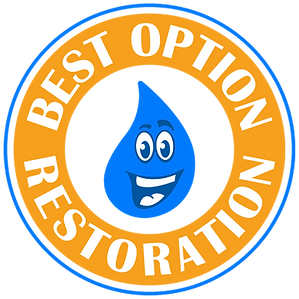
Schedule an Appointment 24/7
We’re here to help with your restoration and clean-up needs around Denver, CO, and nearby areas. Reach out to our team 24/7 for prompt, professional service tailored to your situation or call 720-620-3272
Contact Us
We will get back to you as soon as possible.
Please try again later.

